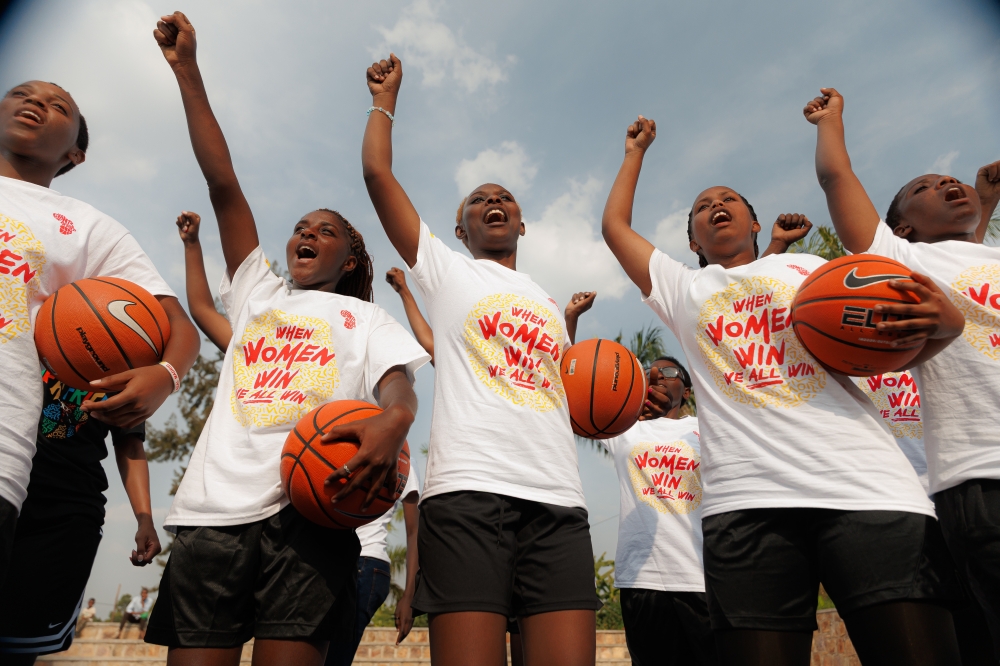Education is everyone’s hope for a better future. One remarkable achievement is realizing how far we have come, but then the journey ahead of us is more demanding. My greatest worry is that students are examined and excluded from going to the next level on the basis of academic performance, regardless of whether they are talented in other skills.

Education is everyone’s hope for a better future.
One remarkable achievement is realizing how far we have come, but then the journey ahead of us is more demanding.
My greatest worry is that students are examined and excluded from going to the next level on the basis of academic performance, regardless of whether they are talented in other skills.
Since the release of the academic results, I have been wondering about the cause of massive failures in certain schools; the results are quite alarming.
Identifying and responding to individual school learning needs is a key factor for various support services that can be applicable to all forms of learning and teaching.
The education system needs to be tailored to address the needs and expectations of a wider community, by providing equal opportunities and participation for students, teachers and parents.
Take an example of university inaccessibility for poor students. Some of these students are bright but are simply stranded by the high tuition paid in best performing schools; hence qualifying for government sponsorship is a distant dream.
This does not mean that they are low performers, but it calls for other strategies to be applied. I am sure that some students may not be History geeks, but are talented in Fine Art and Crafts, a subject yet to be added to Rwanda’s curriculum.
Where are all these practical subjects in our curriculum, before we start announcing the best and worst students? The curriculum seems to favour the gifted rather than the talented.
Schools have got different needs that require due consideration; the response to these needs should be proactive rather than reactive.
While some teachers and schools are being castigated for failure, the education system is restricted by standardised programmes and curriculums.
There is need to set up an environment with policies, practices and cultures that are accommodative to all kinds of talented learners. Education involves practical teaching and learning methods as well.
In order to avoid poor performance in schools, there is need to modify the methods of assessment. Identify barriers affecting children with special needs, and accommodate both gifted and talented students.
Their recognition and nurturing will eventually develop into a more diverse work force and human resource generation in Rwanda.




